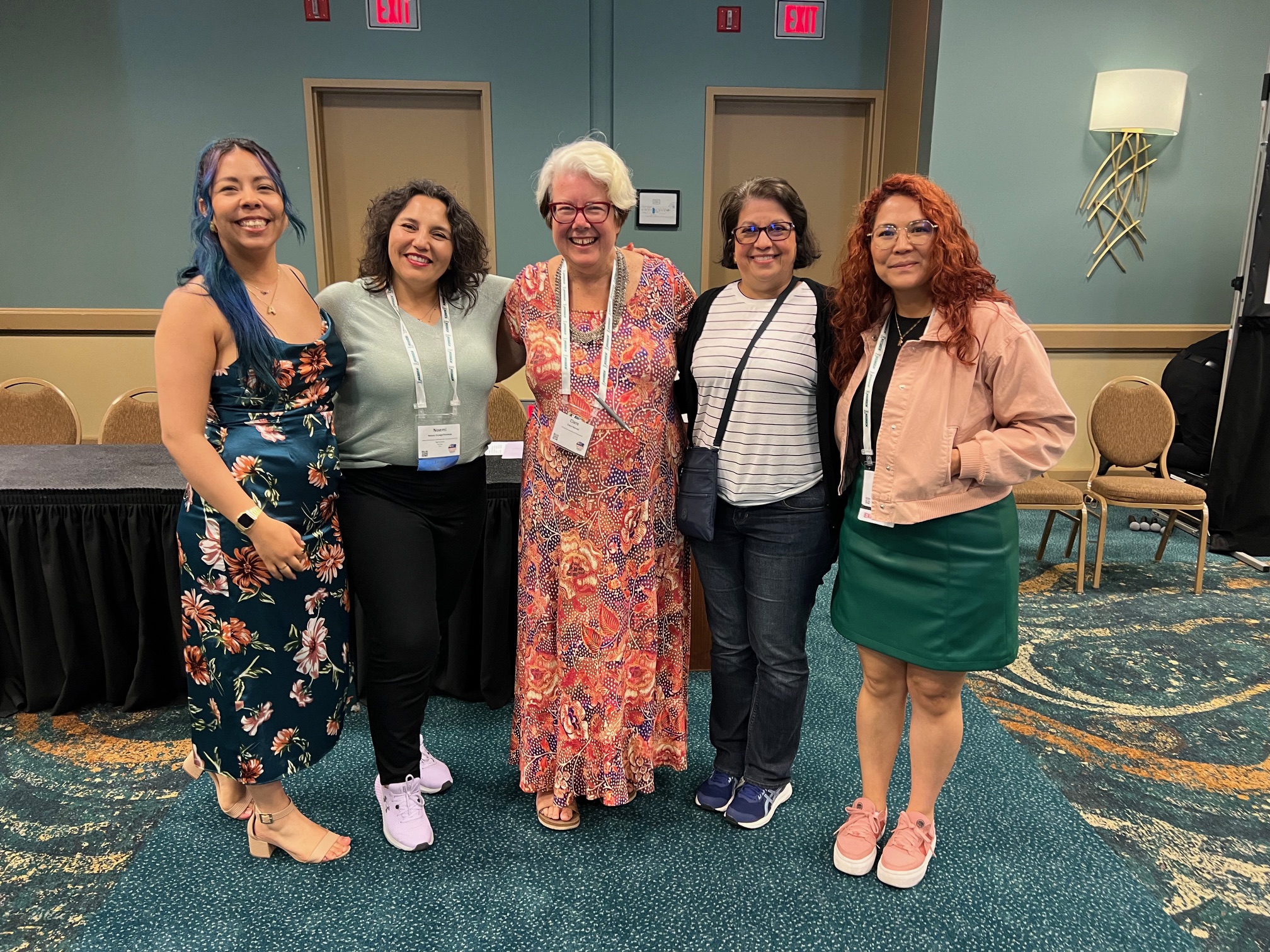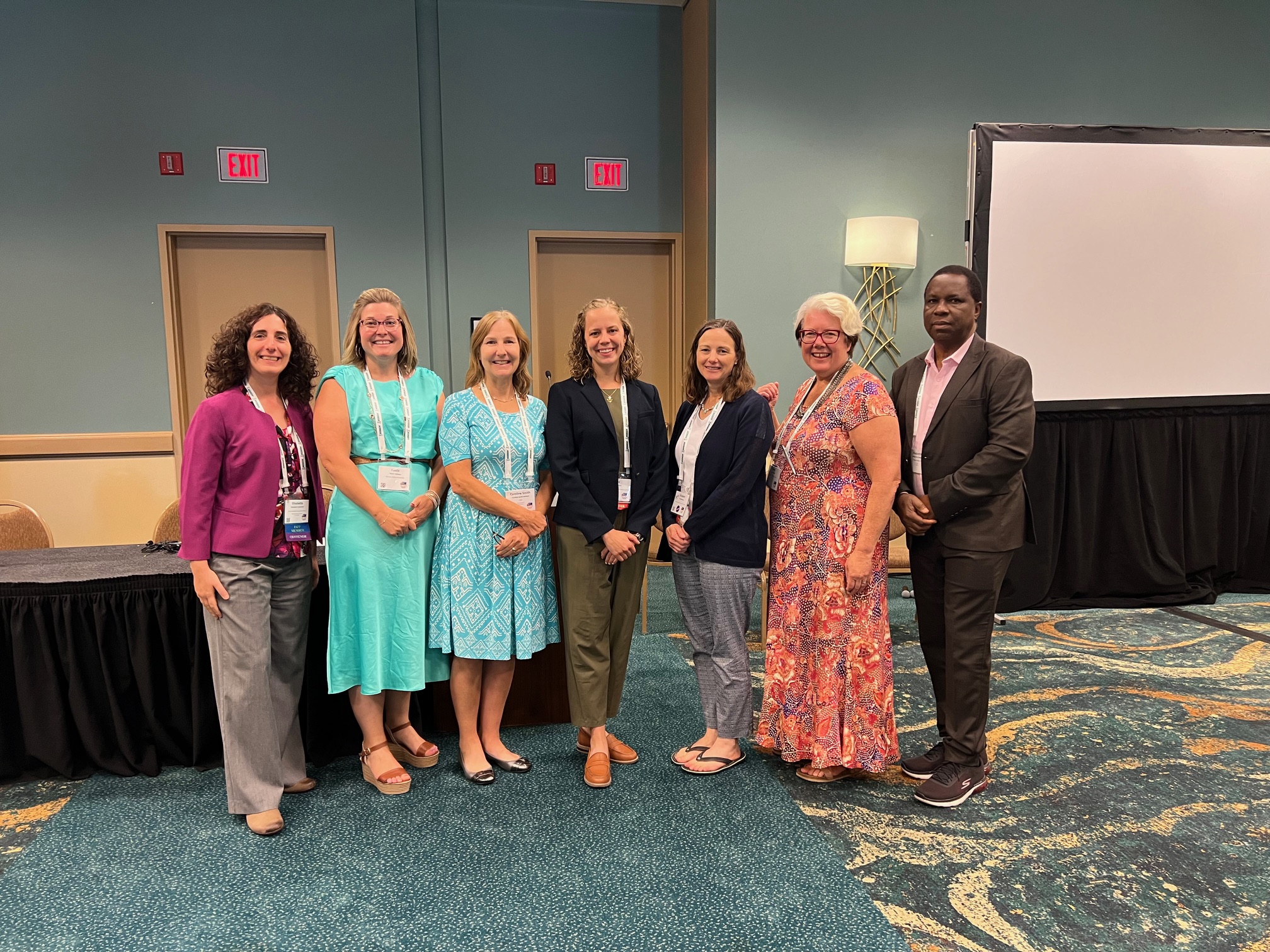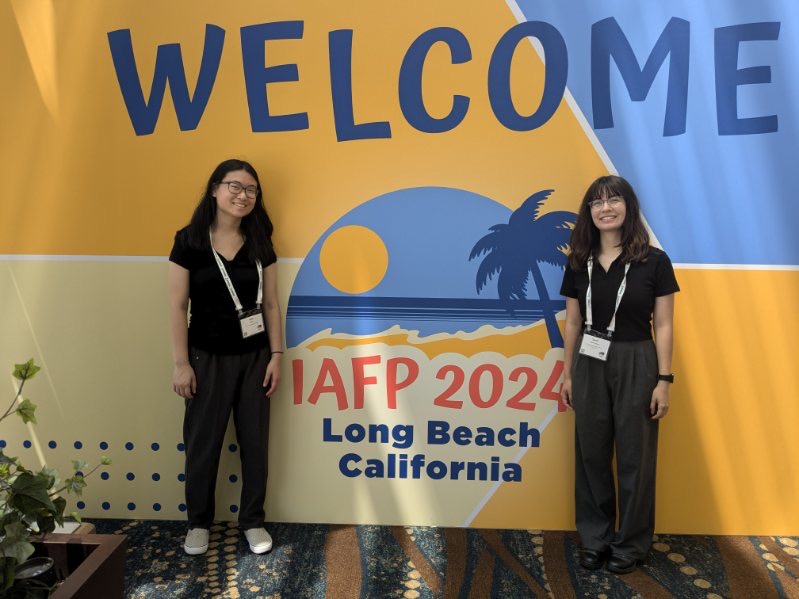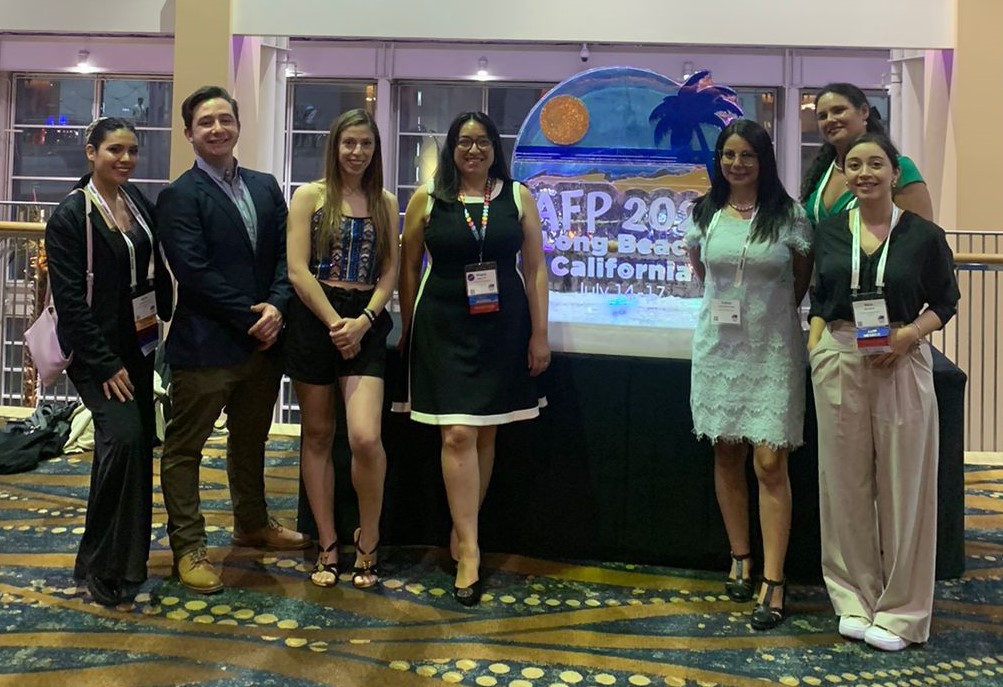At the 2024 International Association for Food Protection (IAFP) annual meeting, July 4–17 in Long Beach, California, groundbreaking research on antimicrobial resistance (AMR) in Salmonella enterica from surface waters in Latin America was showcased by Dr. Jianghong Meng, along with Dr. Magaly Toro, Dr. Zhao Chen, and international collaborators from Brazil, Chile, and Mexico. Their work centered on the prevalence and diversity of AMR genes in S. enterica from food-production regions across Brazil, Chile, and Mexico, underscoring the critical role surface waters play as reservoirs for multidrug-resistant (MDR) strains. The research revealed significant links between the AMR profiles of S. enterica isolates and human clinical cases, highlighting an urgent need for systematic monitoring of water sources used in agriculture. The team identified key AMR determinants using advanced genomic techniques and antibiotic susceptibility testing, raising alarms about the spread of resistant pathogens through contaminated surface waters. Scientists from JIFSAN were instrumental in conducting the genomic surveillance and analysis, providing essential insights into the growing global concern over waterborne contamination and its implications for public health. These findings are expected to drive future efforts to mitigate AMR risks in food production and protect consumers from difficult-to-treat infections. For additional information, please visit the JIFSAN Food Safety Lab and Water Project websites.
Dr.’s Jianghong Meng, Hee Jin Kwon, and Yi Chen from JIFSAN presented several research questions aimed at enhancing our understanding of Cronobacter in milk. Their findings included evaluating reduced-rehydration methods for detecting Cronobacter in powdered infant formula. Their study investigated the impact of increasing the sample size to 400 g while using pre-warmed media to minimize potential osmotic shock during the isolation of Cronobacter cells in powdered infant formula.
Additionally, Dr.’s Hee Jin Kwon and Jianghong Meng and Yi Chen presented on the “Evaluation of Real-Time PCR for the Detection of Cronobacter in Powdered Infant Formula.” This evaluation focused on the qPCR method outlined in the 2012 FDA Bacteriological Analytical Manual (BAM), specifically targeting sensitivity and background normalization when detecting Cronobacter in powdered infant formula samples.
Moreover, Dr.’s. Kwon, Chen, and Meng shared results from their study titled “Cronobacter Morphologies on Four Selective Chromogenic Agars: An Inclusivity Study Using 380 Cronobacter Isolates.” In this study, they assessed four types of selective chromogenic agars for the detection of Cronobacter, utilizing 380 Cronobacter isolates alongside 53 non-Cronobacter isolates.
Dr.’s Hee Jin Kwon and Yi Chen presented on “Development of Rapid Species-Specific Molecular Methods for Detecting Cronobacter Strains from Critical Foods and Environmental Samples.” Their poster provided an update to the current genus-specific real-time PCR detection method in the FDA Bacterial Analytical Manual (BAM) with species-specific protocols for these three Cronobacter species to support laboratory practices for ensuring PIF safety.
Furthermore, JIFSAN’s Dr. Magaly Toro with Dr. Ryan Blaustein (University of Maryland) and others from the University collaborated on microbiome diversity in leafy greens on urban farms and with Dr. Angélica Reyes-Jara (Universidad de Chile) on the identification and characterization of Listeria species from raw pet food. These collaborations not only showcase the breadth of JIFSAN's research but also highlight its implications for food safety in diverse settings.
As part of the symposium titled: Bridging Data Gaps in Microbial Pathogens Along the Aquaculture Value Chain for Fish in Informal Markets: Advancing Science-Based Analysis for Enhanced Food Safety in Low- and Middle-Income Countries, Dr. Clare Narrod presented “Modeling Efforts Leveraging Foodborne Pathogen and Socioeconomic Data to Inform Risk Management Decisions.” This was based on her team's Feed the Future project on Aquaculture in Bangladesh.
Dr. Narrod also presented “Measuring Outcomes of Food Safety Training for Growers in Latin America” in the session titled: Training Low-Literacy Groups across Cultures: Balancing Universal Principles and Custom Approaches, based on her team's work with IICA on monitoring and evaluation research measuring the impact of supplemental training to the produce safety rule in Latin America.
We take great pride in our student internship program, which matches University of Maryland undergraduate students with FDA researchers. Jolie Li and Sachi Irizawa, presented a poster on their ongoing internship project titled “Development of a Sequencing-Based Strategy as a Confirmatory Method for the Detection of Cyclospora cayetanensis.” This study aims to create a confirmatory detection method for C. cayetanensis by sequencing conventional PCR amplicons.
Joseph Arida, another JIFSAN intern, presented a poster on “Effects of Environmental Factors on the Persistence of Cyclospora cayetanensis Oocysts in Artificially Contaminated Soil and Fresh Herbs Grown under Controlled Conditions.” His study evaluated the detection of C. cayetanensis in soil and herbs that were artificially contaminated with the parasite, using CONVIRON™ growth chambers under two distinct conditions: 1) low rainfall/arid conditions with weekly watering, and 2) wet/humid conditions with watering every two days.
Our JIFSAN researchers collaborated on several additional projects which were showcased at the IAFP Annual Meeting and we are very proud of all their accomplishments.

Clare Narrod, PhD Presented “Measuring Outcomes of Food Safety Training for Growers in LA”

Colleagues involved in training low-literacy groups across cultures gather to collaborate:
Arenis Piñón – Food Safety Consulting & Training Solutions (CTS)
Noemí Zúñiga Thimeos -Inter-American Institute for Cooperation on Agriculture (IICA)
Clare Narrod – UMD-Joint Institute for Food Safety & Applied Nutrition (JIFSAN)
Ana Marisa Cordero, IICA
Rocio Ortega – CTS

Trainers at IAFP Symposium on Training for Low-literacy settings:
Elisabetta Lambertini - Global Alliance for Improved Nutrition (GAIN) EatSafe Program
Jessie Vipham – Kansas State University
Caroline Smith DeWall – GAIN EatSafe Program
Ariel Garsow – GAIN EatSafe Program
Elizabeth Bihn – Produce Safety Alliance – Cornel AgriTech
Clare Narrod – UMD - JIFSAN
Augustine Okoruwa – GAIN

Student Interns Jolie Li and Sachi Irizawa present poster titled “Development of a Sequencing-Based Strategy as a Confirmatory Method for the Detection of Cyclospora cayetanenensi

Student Interns gather at 2024 IAFP

